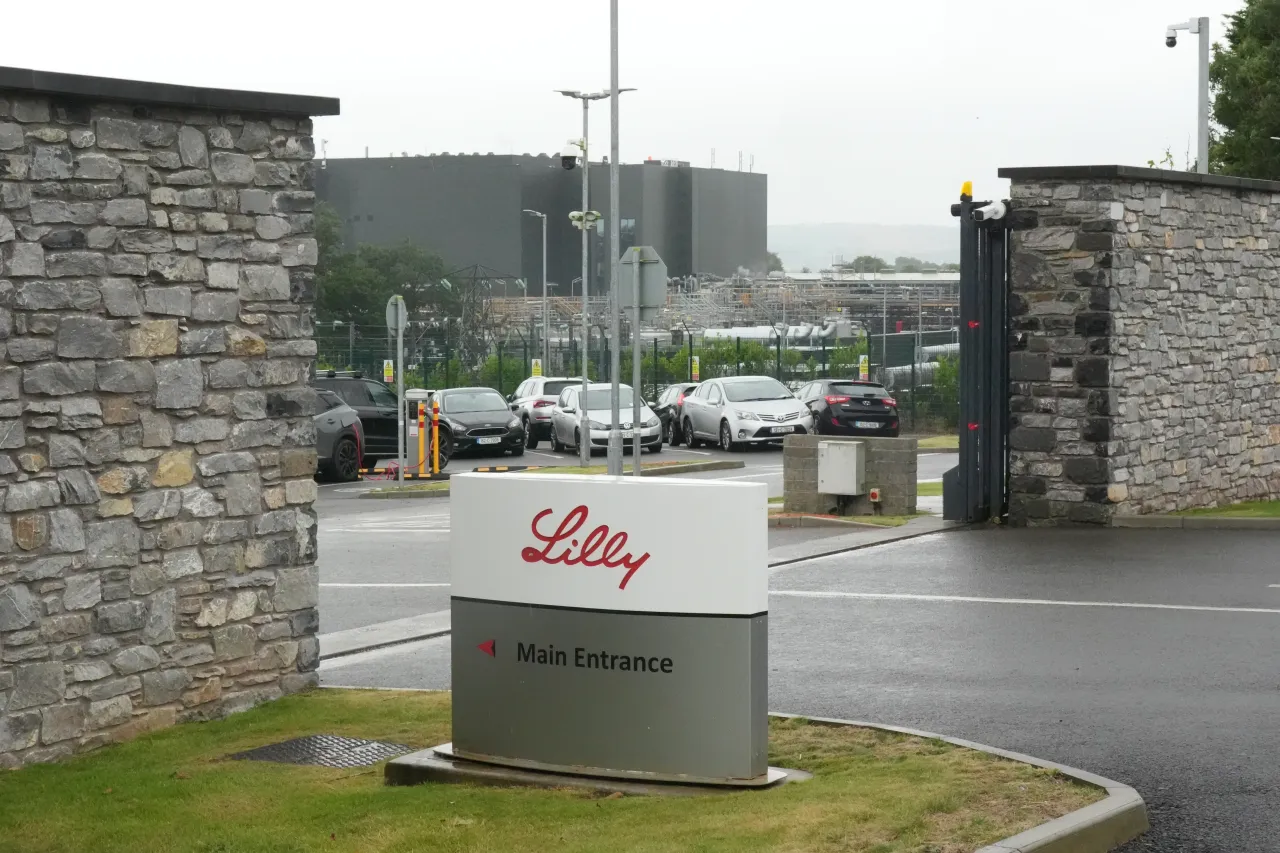Pfizer (NYSE: PFE) has emerged as the first biopharma company to secure a three-year exemption from President Trump’s proposed 100% tariffs, a move that has significantly boosted investor confidence. In exchange for this exemption, Pfizer committed to increasing its manufacturing footprint within the United States and adopting ‘most favored nation’ pricing for its drugs sold to Medicaid patients. This strategic alignment has resulted in a remarkable 14% surge in Pfizer’s stock over just two trading days, reflecting strong market approval of the agreement.
The implications of this deal extend beyond immediate financial gains. Pfizer’s commitment to invest $70 billion in U.S. manufacturing and R&D projects underscores its dedication to bolstering domestic biopharma innovation. While the specifics of these investments remain undisclosed, the company’s existing workforce of 31,000 across 13 manufacturing and distribution sites, along with seven major R&D facilities, positions it well for future growth. Furthermore, by promising that U.S. drug prices will align with those in other developed nations, Pfizer aims to address public concerns over high drug costs, potentially reshaping the pricing landscape for the industry.
Despite the positive market reaction, industry analysts remain cautious. While some view the MFN pricing strategy as a potential model for other companies, others warn it could lead to reduced investment in R&D and manufacturing. Nevertheless, Pfizer’s stock performance suggests that investors are optimistic about the company’s future, with analysts projecting minimal revenue impact from the MFN pricing, thereby allowing Pfizer to focus on advancing its drug pipeline amid looming patent expirations on several blockbuster drugs.
Get started today with Solo access →



